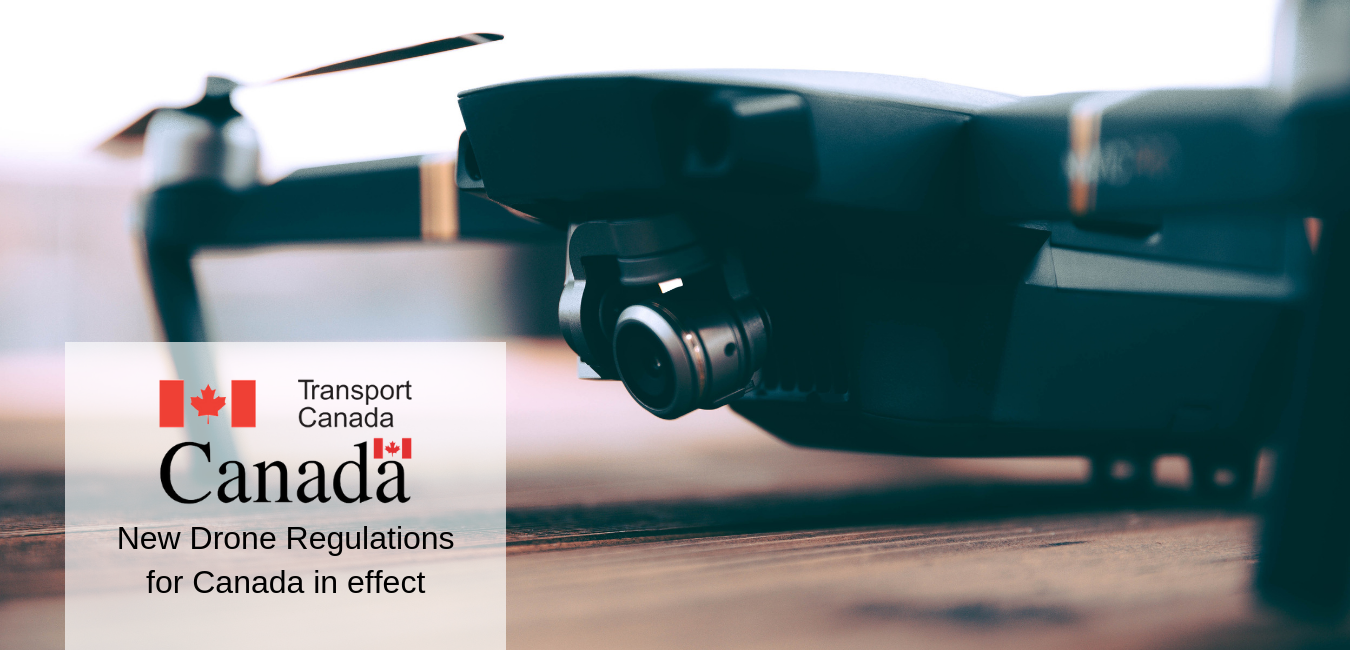New drone requirements in Canada
- All pilots must be certified and all drones registered.
- All pilots must pass an online knowledge test to get a certificate for basic or advanced operations.
- Pilots must be at least 14 years old for basic operations and 16 for advanced operations, unless supervised by a person having proper qualifications.
New drone regulations for Canada went into effect on June 1, 2010. According to Transport Canada, the new rules apply to drones that weigh between .55lbs and 55lbs, much like rules in the United States.
The new drone regulations have been well received by industry experts and drone manufacturers such as DJI. Earlier this year, DJI announced they approved and would conform to the new drone regulations.
The new rules apply to Remotely Piloted Aircraft Systems (RPAS), or “drones,” that:
- weighs 250 grams (.55lbs) up to and including 25 kilograms (55lbs), and
- are operated within the drone pilot’s visual-line-of-sight
The rules introduce two categories of drones operations : basic and advanced. The categories are based on distance from bystanders and on airspace rules.
All drone pilots operating unmanned aircrafts that weigh between 250 g and 25 kg must get a drone pilot certificate. Transport Canada offers basic and advanced certifications.
All drones must be registered and pilots must mark their drones with their registration number before they fly.
Pilots that do not adhere to the new laws could face hefty fines - recreational pilots will be fined $1,000, while commercial pilots could face a $5,000 fine. Individuals and corporations can face fines or jail time for:
- putting aircraft and people at risk
- flying without a drone pilot certificate
- flying unmarked or unregistered drones
To find out where drones are allowed to fly in Canada, check out this interactive map: https://nrc.canada.ca/en/drone-tool/


